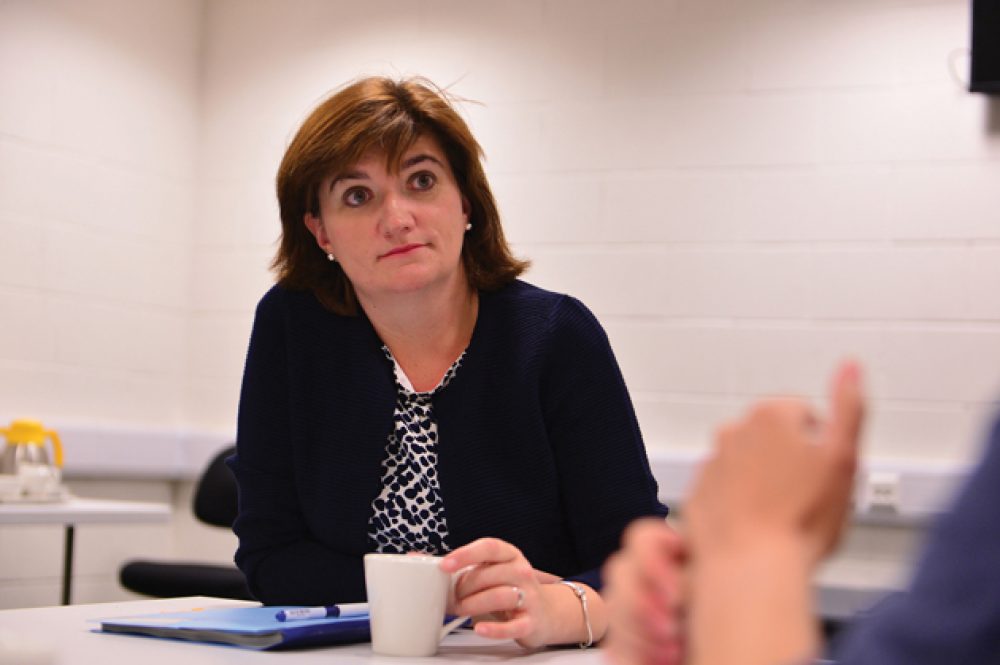Endangered GCSEs and A levels in languages including Panjabi, Portuguese and Japanese have been saved after a deal was struck between the government and three of England’s largest exam boards, but Persian and Dutch exams are still facing the axe.
Exam frameworks in Arabic, modern Greek, Gujarati, Bengali, Japanese, modern and Biblical Hebrew, Panjabi, Polish, Portuguese, Turkish and Urdu had been due to be withdrawn by exam boards AQA, OCR and Pearson in response to reforms to exams in the last parliament and an apparent lack of popularity among pupils.
Nicky Morgan, the education secretary, had pledged last year to protect the subjects, and has now announced a deal with the boards which will see AQA and Pearson continue to offer their language frameworks, whilst also taking on most of the qualifications which are being withdrawn by OCR.
Under the terms of the deal, Pearson take on the offer of GCSEs and A levels in Gujarati, Portuguese and Turkish and GCSEs in Biblical Hebrew. AQA will offer the Biblical Hebrew A level previously run by OCR, which will continue to offer all of its qualifications until summer 2019 to ensure continuity.
AQA will also continue to offer Bengali, Modern Hebrew, Panjabi and Polish, and Pearson will keep its frameworks for Arabic, Greek, Japanese and Urdu.
But GCSEs and A levels in Persian and Dutch will not be saved, a situation described as “unfortunate” by the Department for Education (DfE). Although the DfE has said it would welcome approaches from boards interested in taking on the subjects.
Andrew Hall, AQA’s chief executive, said the government had helped his company to remove a “significant barrier” which was preventing it from continuing to offer the subjects, while Rod Bristow, president of Pearson UK, described the qualifications as being “of great importance to communities across the UK and abroad”.
Morgan said she was “delighted” that the languages would continue at GCSE and A level, adding: “Learning a foreign language opens up a whole world of opportunity and ensures our young people will be able to compete on a global scale.”
“I want to thank those exam boards who have worked with us to protect these languages so we will continue to have high-quality qualifications available.”


Your thoughts